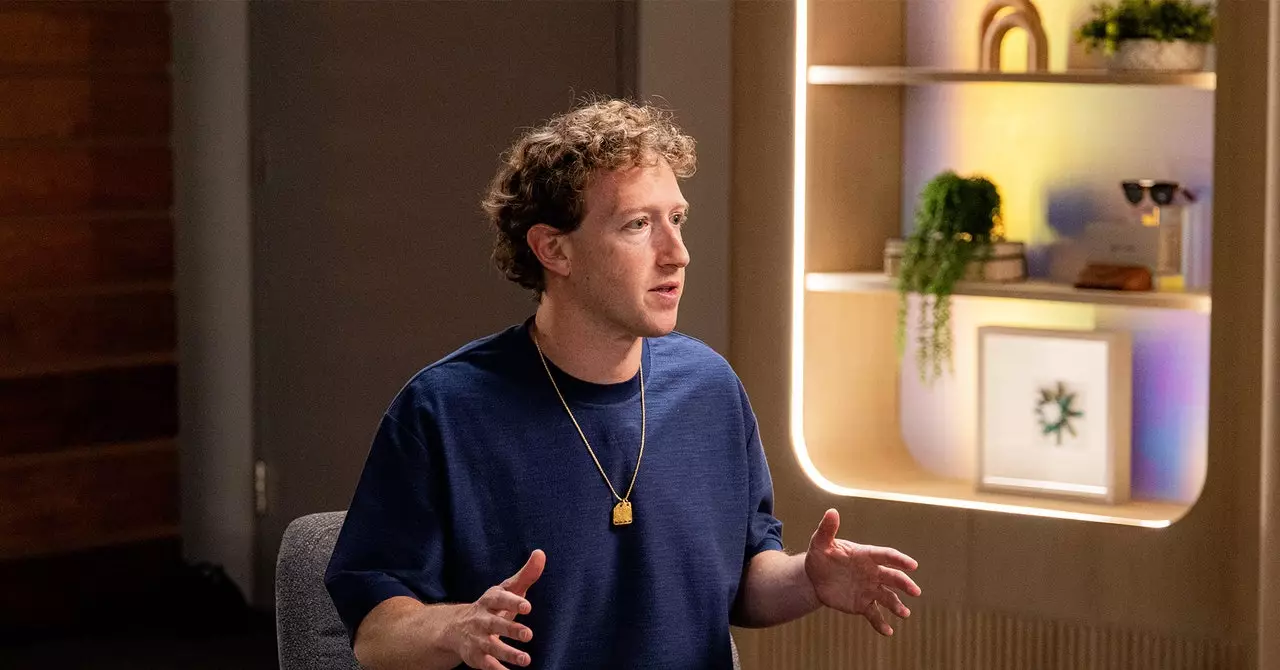Mark Zuckerberg’s recent letter to the House Judiciary Committee has brought Meta, formerly known as Facebook, under even more scrutiny regarding its content moderation practices. The GOP-led committee has been investigating allegations of political bias and censorship by Meta, and Zuckerberg’s letter seems to have added fuel to the fire.
In his letter, Zuckerberg admits that at the request of the Biden administration in 2021, Meta did indeed take down some Covid-related content. This revelation seems to support the GOP’s claims of censorship and has raised questions about Meta’s commitment to free speech and content moderation. Zuckerberg also acknowledged that the decision to remove certain content related to Hunter Biden’s laptop, on the grounds of potential Russian disinformation, was wrong.
One of the most striking aspects of Zuckerberg’s letter is his use of the term “censor.” Historically, Facebook has vehemently denied accusations of censorship, arguing that their content decisions are not a violation of First Amendment rights. However, by acknowledging that the removal of Covid-related posts could be referred to as “censorship,” Zuckerberg appears to be changing his stance on the issue.
The GOP’s Reaction
Unsurprisingly, the GOP members of the Judiciary Committee wasted no time in seizing on Zuckerberg’s admission. They quickly took to social media to claim victory, stating that Facebook had now openly admitted to censoring Americans. This reaction underscores the political nature of the debate surrounding social media platforms and their content moderation practices.
The conflicting statements from Meta spokesperson Andy Stone further muddy the waters. While Stone maintains that Meta does not consider itself a censor, Zuckerberg’s letter suggests otherwise. This apparent contradiction only serves to deepen the confusion surrounding Meta’s position on content moderation and free speech.
In addition to addressing content moderation issues, Zuckerberg’s letter also touches on his philanthropic efforts during the 2020 election. Criticized by Republicans for allegedly favoring the Democrats, Zuckerberg now pledges to remain neutral in funding bipartisan voting initiatives during the upcoming election cycle. This move seems to be an attempt to appease critics and distance Meta from any perceived political bias.
A Complicated Path Ahead
As Zuckerberg and Meta navigate the complex landscape of content moderation, political pressure, and public perception, it is clear that the challenges they face are far from over. The fallout from Zuckerberg’s letter to the House Judiciary Committee highlights the need for greater transparency and consistency in social media platforms’ content moderation policies. Only time will tell how Meta will address these issues and regain the trust of its users and stakeholders.

